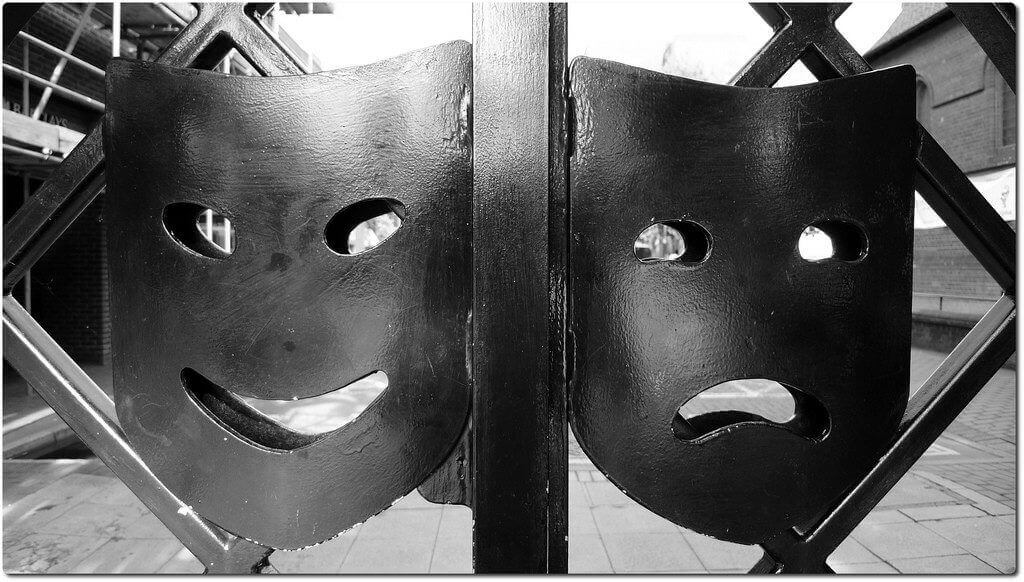
Saying times are bad for both the hotel industry and Airbnb might be the understatement of the day. American Hotel & Lodging Association (AHLA) data shows that a staggering 70% of hotel employees have been laid off or furloughed as eight in ten rooms remain empty due to the COVID-19 pandemic.
Meanwhile Airbnb just cut 1,900 jobs, 25% of its global workforce. CEO and co-founder Brian Chesky said in a letter to staff that the company anticipates 2020 revenue to be less than 50% of 2019, estimated at around $4.8 billion. Meanwhile angry Airbnb hosts called the $250 million the company set aside as a relief fund an inadequate “publicity stunt.”
Airbnb had been widely predicted to launch its IPO sometime in 2020. That would have made it one of the last “unicorns,” privately held start-up companies with a value over $1 billion, to go public. So far, the class of 2019 has reported less than stellar results. Uber, Lyft, and SmileDirect all remain below their IPO price, although much-derided Peloton is 40% over its IPO. The NY Times claims a $2200 Peloton bike is a ‘pandemic panic buy.’
In 2018, Morningstar estimated Airbnb’s market cap at $53 to $65 billion. That made its paper valuation greater than that of the world’s largest hotel company, Marriott International, which then had a market cap of $46 billion. Concerned about losing market share, the hotel industry went on the offensive. Affiliate organizations charged “short term rental platforms” like Airbnb with price-gouging, safety issues, conversion of scarce rental property and even “Shooting, Sex Crime and Theft.”
So do cancellations, refunds and closures from the COVID-19 pandemic mean “the end of Airbnb?” British hospitality business journalist Katherine Doggrell, author of the new book Checking Out, doesn’t think so.
Q. Do you think the business travel sector will come back first?
A. No. For business travelers especially, it is safety first. Companies are very wary about how they risk their staffs. The comeback will probably be domestic leisure travel first, business cautiously following, followed by international leisure and business.






